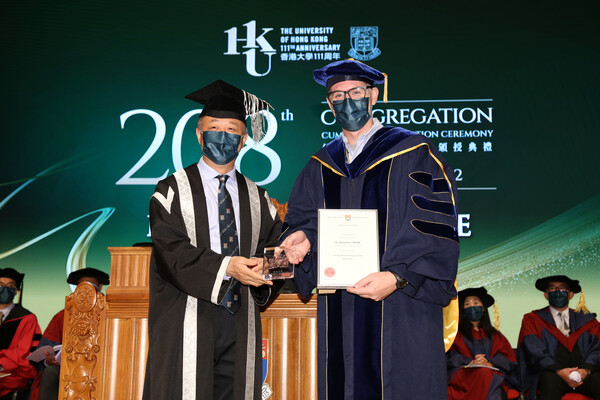UNIVERSITY AWARD
Research Output Prize 2020-21
“We will continue to explore tectonic processes of Earth and other terrestrial bodies via field-based, analytical, and theoretical research approaches.”

Dr Alexander Webb
Associate Professor,
Department of Earth Sciences
Since 2013, Dr Alex WEBB has investigated the tectonics of early Earth and development of hot terrestrial planets. It is well understood that Earth’s dynamics are presently described by plate tectonics, such that Earth’s outer shell is broken into a series of largely rigid plates that move relative to each other. However, we do not know how this tectonic process was initiated. There are many possibilities, but most ideas invoke compression or weighting that locally overcame the strength of a precursor unbroken shell and eventually led to plate tectonics.
In contrast, Dr Webb and his colleagues introduced a new concept for the initiation of plate tectonics in their collaborative research paper, ‘Breaking Earth’s shell into a global plate network’, published in Nature Communications in 2020. This work shows that Earth’s precursor shell could have been initially broken by thermal expansion. Specifically, as Earth’s interior cooled and most volcanism ceased due to lack of melt production, heat loss through the shell increasingly occurred via conduction, thus warming the shell and producing a thermal expansion of the shell. This expansion could have overcome the tensile strength of the shell, resulting in a global network of faults and thereby permitting initial plate tectonics.
Details of the Journal paper:
‘Breaking Earth’s shell into a global plate network’, Nature Communications, 2020, Vol. 11, 3621 by C.A. Tang, A.A.G. Webb, W.B. Moore, Y.Y. Wang, T.H. Ma, T.T. Chen.


